This blog is one of a series of four, written by Jamie Ball, a freelance journalist who travelled to Ethiopia, Kenya and Tanzania on behalf of Camara Education.
Being of a generation that chiefly, but misleadingly, associates Ethiopia with famine, it being referred to as “utopia” took me a little by surprise upon my arrival. But the mistake was all mine; “utopia” being how Ethiopians tend to pronounce their country’s name, typically twinned with a warm-hearted, winning smile, and after the words “welcome to.”
The most populous landlocked country in the world, and second-most populous nation in Africa, Ethiopia’s population has rocketed more than 25% in the last decade to about 100 million, powering the largest economy (by GDP) in either East or Central Africa.
While its government of late has invested hugely in education, including the construction of over 30 universities in the last 10 years, Camara is helping to fill some of the country’s significant ICT shortages. Thanks to the Irish-based social enterprise, student access to computers has risen rapidly since Camara began operating in Ethiopia in early 2011.
During its five-year project agreement with Ethiopia’s Federal Ministry of Education, which ended in late 2015, Camara delivered over 16,300 computers to 567 schools across seven regions, while training over 4,700 teachers in ICT.

Chief Executive Officer of Camara Education Ethiopia, Yared Ayele, says one of the reasons he joined Camara in 2014 was because educational improvements need to be from the bottom up.
“Camara works in primary and secondary schools, so I’m deeply interested in kids having early-age exposure to technology and technical and educational resources through technology.
“That’s why I really enjoy working with Camara in Ethiopia, where we work with schools in rural areas that may otherwise not have exposure to computers, or access to digital resources, without our support,” says Yared, a former technical consultant with Accenture in the US.
Yared says that in Ethiopia there are about 34,000 primary and secondary schools, 80% of which are in rural areas that suffer from a lack of infrastructure, educational resources and trained and capable ICT teachers.
In early 2016, Camara Education Ethiopia announced a three-year plan with the Ministry of Education, aiming to improve student learning outcomes through ICT integration in 1,265 primary and secondary schools in remote, rural and disadvantaged communities across all regions of the country.
Before the end of 2018, over 31,000 high-quality, refurbished computers (preloaded with off-line digital libraries, virtual laboratories and text books for all grade levels) will be delivered to those schools.
And then there’s the 6,300-plus teachers expected to complete Camara Education teacher training during that time; in all, reaching over 1.2 million Ethiopian students over the three years. When you consider that in the 12 years since its foundation in 2005, Camara has impacted about two million students across Africa, 1.2 million students in three years in Ethiopia alone is ambitious, but certainly doable.
Yared says in the 10 months to February 2017, Camara has been able to deliver about 5000 computers across 200 schools, equating to about 192,000 students introduced to and learning by computer each month.
“We are not able to achieve this without the support of our donors and our supporters that support our mission through the supply of computers and financial contributions to help our operations: we really appreciate the support.”
Pictured are students from Silti Secondary School, Ethiopia.


